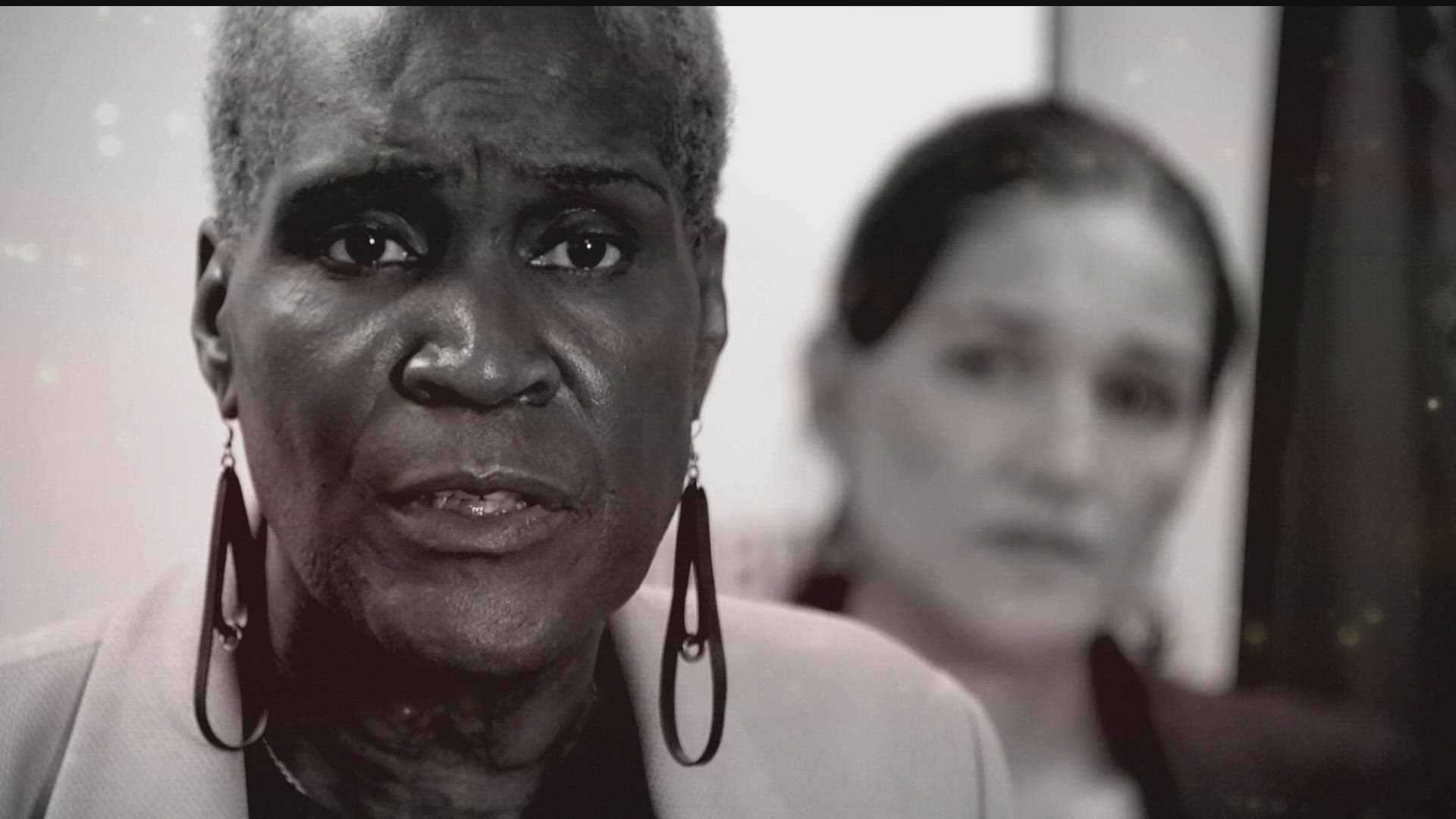MINNEAPOLIS — When voters head to the polls in Minneapolis on Tuesday, they won't see any federal or state races, any mayoral races, or even any ballot questions.
This year, it's all about the city council.
With all 13 seats across Minneapolis on the ballot, the outcome of just a few races could change the direction of the city and directly impact Mayor Jacob Frey's ability to implement his top agenda items. Under the current makeup of the council, Frey tends to hold a narrow majority on many issues, thanks to a reliable block of allied council members and a few swing votes that largely counteract his more progressive opponents. For this reason, Mayor Frey's recent veto of a ridesharing wage ordinance was able to withstand an override attempt, and his threatened veto of future rent control measures still holds significant weight.
But, as Twin Cities reporter Kyle Stokes and his colleagues at MinnPost have documented, that could all change depending on what happens next week.
"The balance of power on this council could swing any number of different ways after the election on Tuesday," Stokes said. "What this election really does kind of boil down to, is how strong of a hand is Mayor Jacob Frey going to have to move his agenda forward?"
Even though voters passed a strong-mayor system in 2021 to give Frey more executive control, the council remains a key part of city politics as the designated legislative branch.
"If the city council were to act together and find consensus positions, they could strongly counterweight the mayor," Stokes said. "They can override a mayoral veto, they can set the budget; there's theoretically a lot of power there. But if the council is divided, that could be good for Mayor Frey, or it could just simply mean that there's gridlock in City Hall."
Political observers in Minneapolis will be paying close attention to a few council races in particular on Tuesday, including open seats in Ward 7 and Ward 12, where respective council members Lisa Goodman and Andrew Johnson are not running for re-election.
In Ward 8, meanwhile, Council President Andrea Jenkins faces a test from Soren Stevenson, who has earned endorsements from both the DFL and the Twin Cities Democratic Socialists of America. Stevenson has accused Jenkins, the first Black openly transgender woman elected to public office in U.S. history, of not holding progressive enough ideals.
"That race certainly encapsulates a lot about what's going on in Minneapolis politics," Stokes said. "A figure whose election sort of reaffirmed this city's vision of itself as a progressive place, versus a challenger who thinks that voters in that ward are interested in a very different approach."
The 2023 Minneapolis City Council races have already seen a huge influx of cash from outside groups, to the tune of hundreds of thousands of dollars.
The group "All of Minneapolis" supports a number of candidates -- such as Jenkins, Council Vice President Linea Palmisano, and Ward 4's Latrisha Vetaw -- who align fully or at least partially with Mayor Frey's vision for the city. Another group, "Mpls for the Many," backs more progressive candidates such as Stevenson, Ward 5's Jeremiah Ellison, and Ward 10's Aisha Chughtai.
These variations illustrate the complexity of municipal politics, even in a city where there are no Republicans in office.
"The reality is, whether it's a Democratic or Republican area, there are differences in candidates. People need to look at those differences," former Minnesota DFL Chair Mike Erlandson said. "There's a lot at stake and voters need to really make sure they participate on Tuesday."
Two years ago, with Mayor Frey running for re-election and major ballot questions hanging in the balance, roughly 54 percent of registered voters in Minneapolis went to the polls. However, with only the council on the ballot this year, the city may struggle to reach that number.
So far, about 10,000 people have cast ballots in the early voting period, which started in late September.
"I think we'll have low turnout," Erlandson said. "And that's anyone's bet to see how things turn out on Tuesday."
Watch more local news:
Watch the latest local news from the Twin Cities and across Minnesota in our YouTube playlist:

